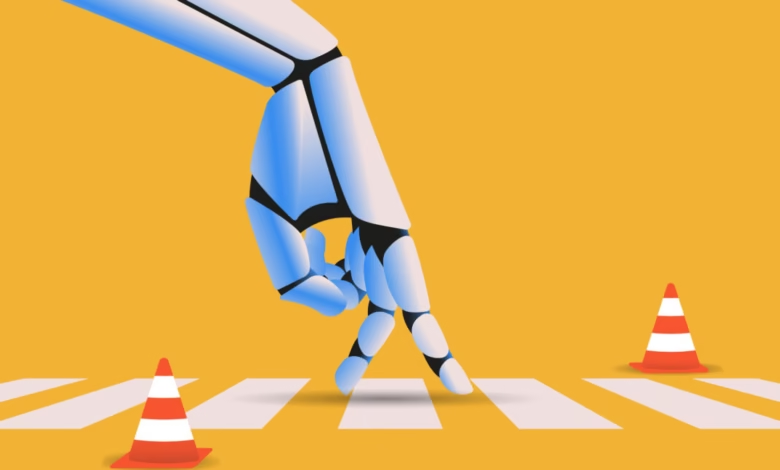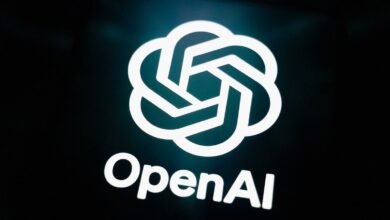EU’s New AI Rules: What Tech Giants Fear Most

▼ Summary
– The EU has introduced a voluntary code of practice to prepare AI companies for compliance with its upcoming AI Act, focusing on copyright, transparency, and safety.
– The rules will initially be voluntary for major AI makers starting August 2 but will become enforceable in August 2026, with compliance offering reduced administrative burdens.
– Some AI companies have urged the EU to delay enforcement, fearing heavy restrictions could stifle innovation.
– A key controversial requirement asks companies like Google and OpenAI to pledge not to use pirated materials for AI training, with mechanisms to address rightsholder complaints.
– AI firms must disclose detailed training data sources and model design choices, clarifying reliance on public, user, or synthetic data.
The European Union is tightening regulations on artificial intelligence, introducing new transparency requirements that could reshape how tech giants develop and deploy AI systems. A recently published code of practice outlines voluntary guidelines aimed at helping major AI developers align with the EU’s upcoming AI Act. While compliance remains optional for now, companies that adopt these standards early may gain advantages when enforcement begins in 2026.
Key provisions focus on copyright protection, data transparency, and public safety. Under the proposed rules, firms like Google, Meta, and OpenAI would commit to avoiding pirated materials in AI training, a contentious issue in the industry. Many AI models have relied on unauthorized datasets, sparking legal and ethical debates. The EU now expects companies to implement internal processes for handling copyright complaints and allow creators to exclude their works from training data.
Another major shift involves disclosing detailed information about training data sources. AI developers would need to document their model design choices and specify whether they used public data, user-generated content, or synthetic alternatives. This level of transparency could expose how heavily some systems depend on unlicensed or proprietary material, potentially forcing significant changes in data acquisition strategies.
While the AI industry contributed to drafting these rules, some companies have pushed back, arguing that strict regulations could stifle innovation. Meta, for instance, previously downplayed concerns over using pirated books, claiming individual texts hold minimal value in training models. The EU disagrees, emphasizing accountability and fair use. Firms that resist voluntary compliance may face tougher scrutiny later, including costly audits to prove adherence to the AI Act’s mandates.
The phased rollout gives companies time to adjust, but the stakes are high. Early adopters could benefit from smoother regulatory approval, while laggards risk operational disruptions. As AI continues evolving, these rules may set a global benchmark, influencing how governments balance innovation with ethical and legal safeguards.
(Source: Ars Technica)





